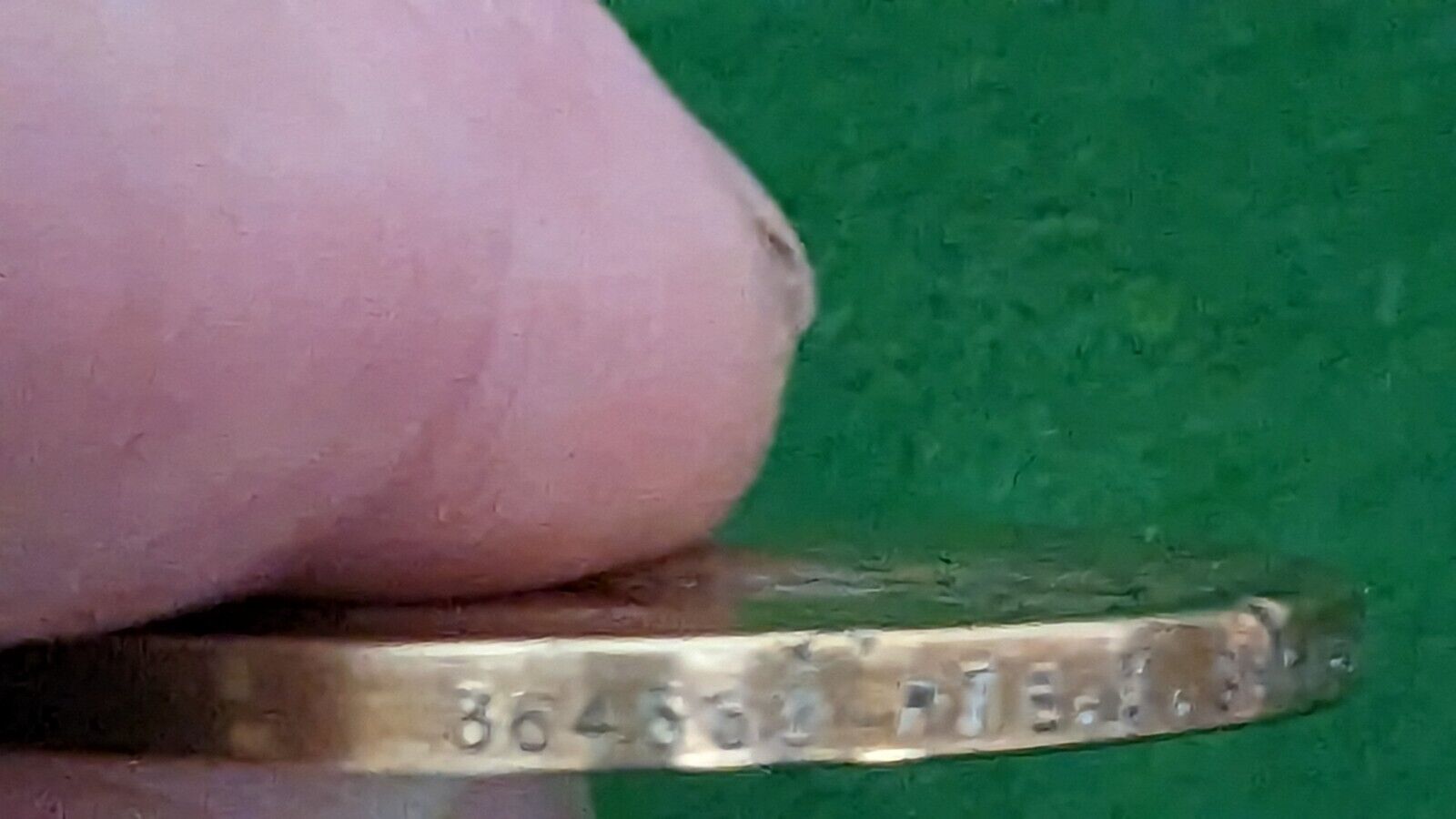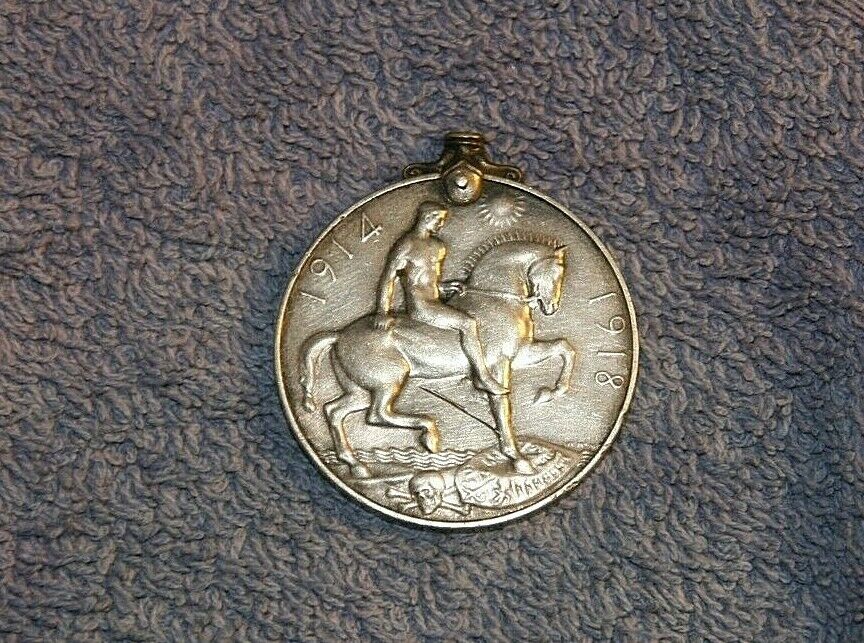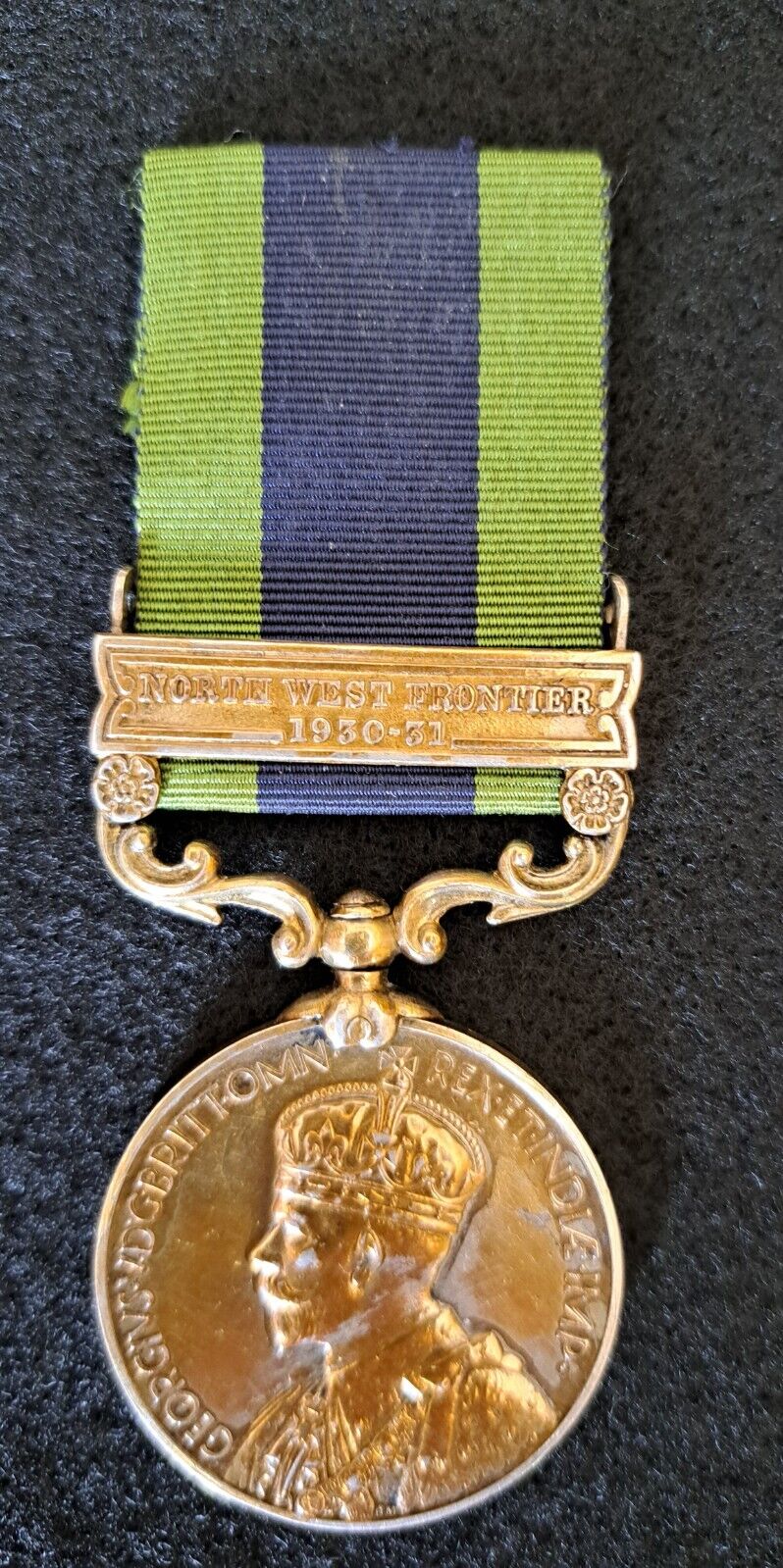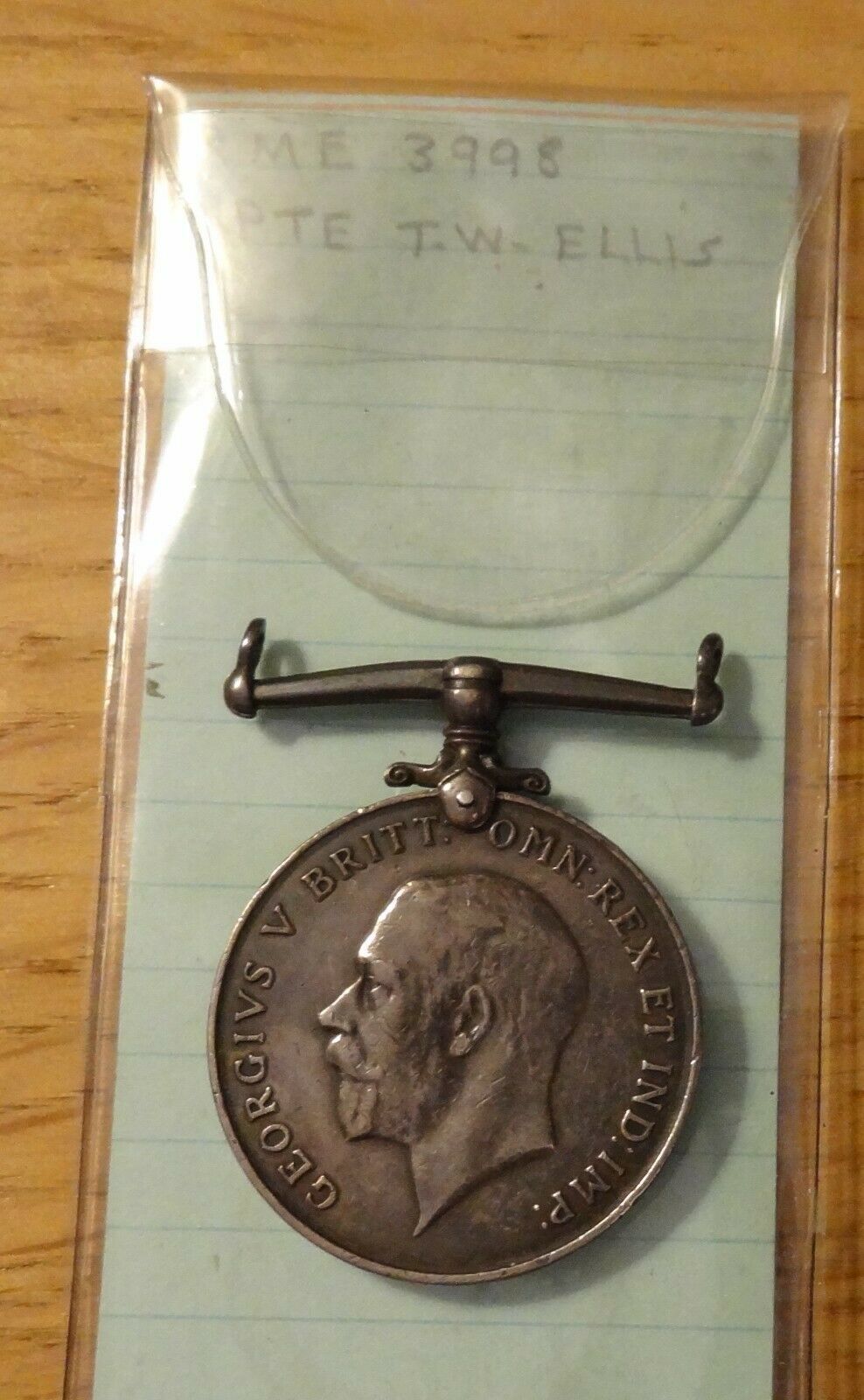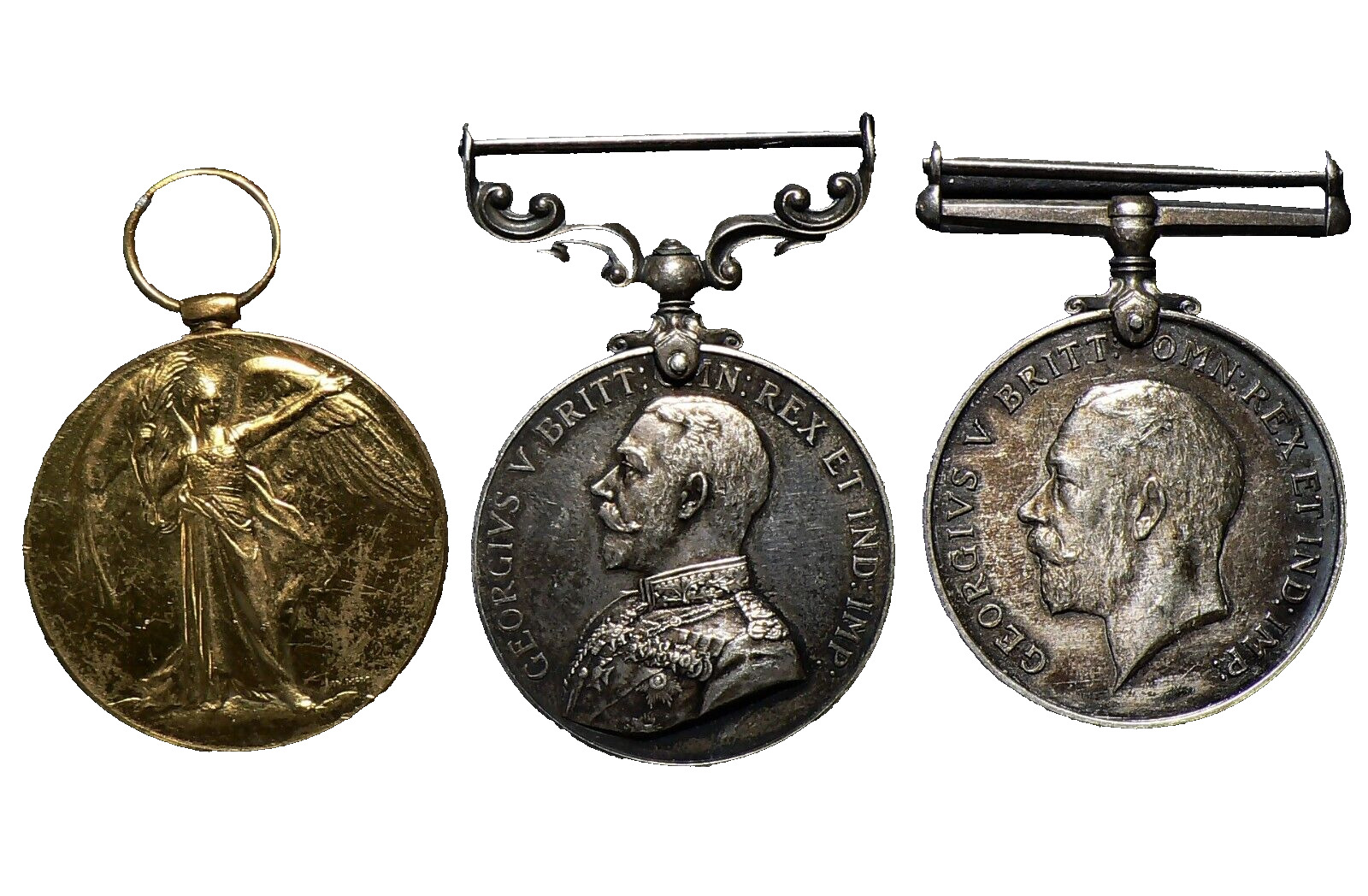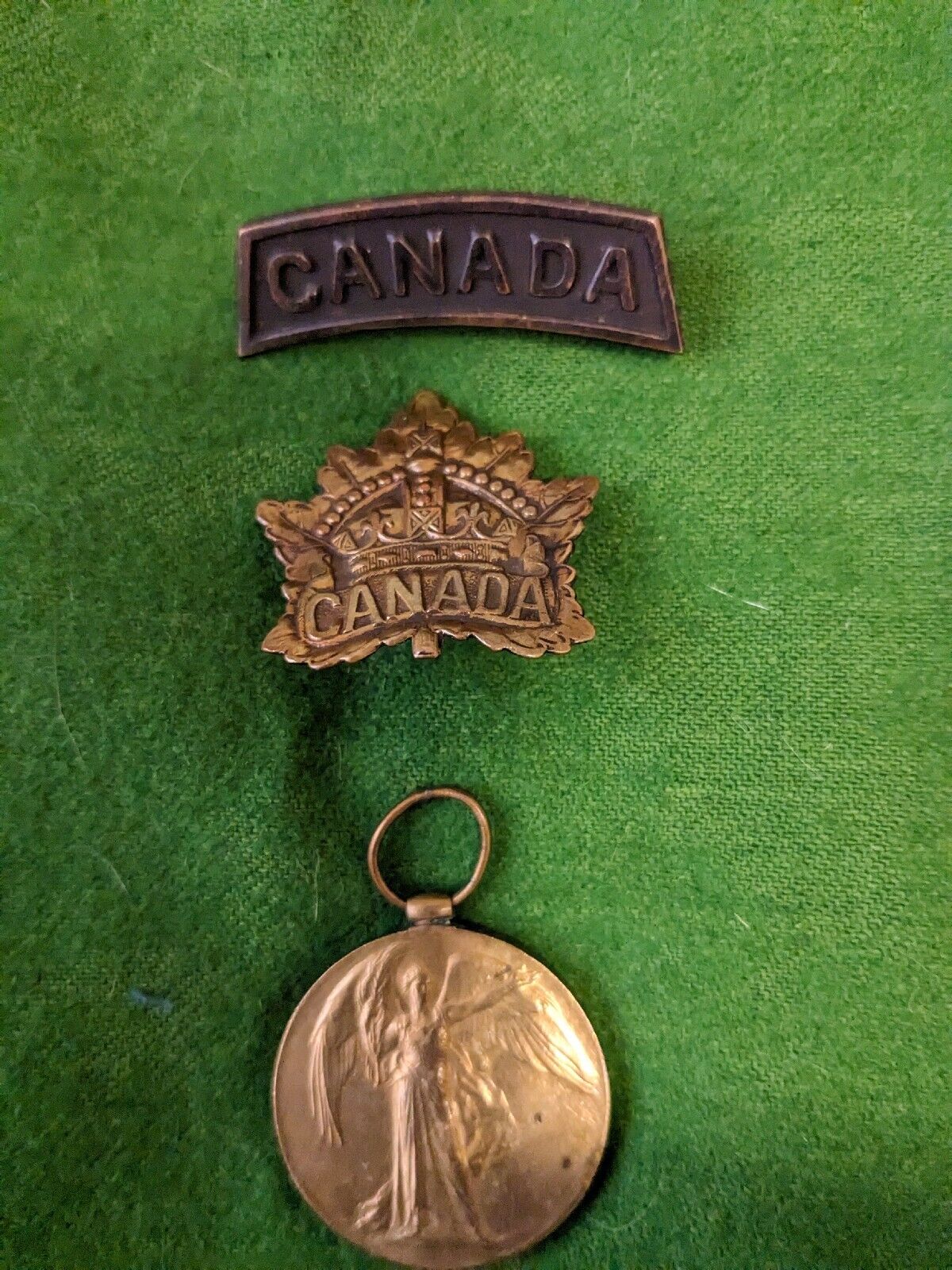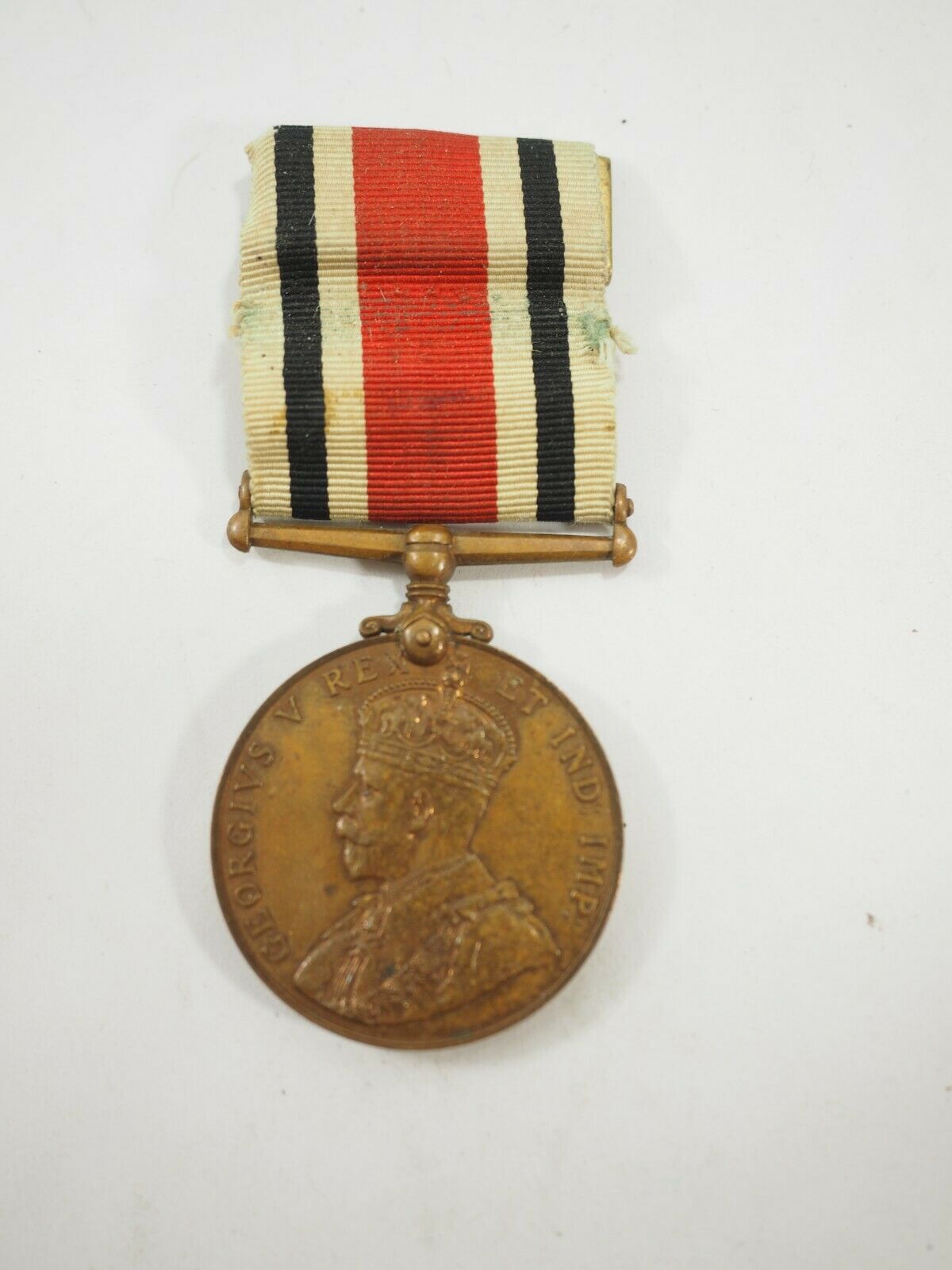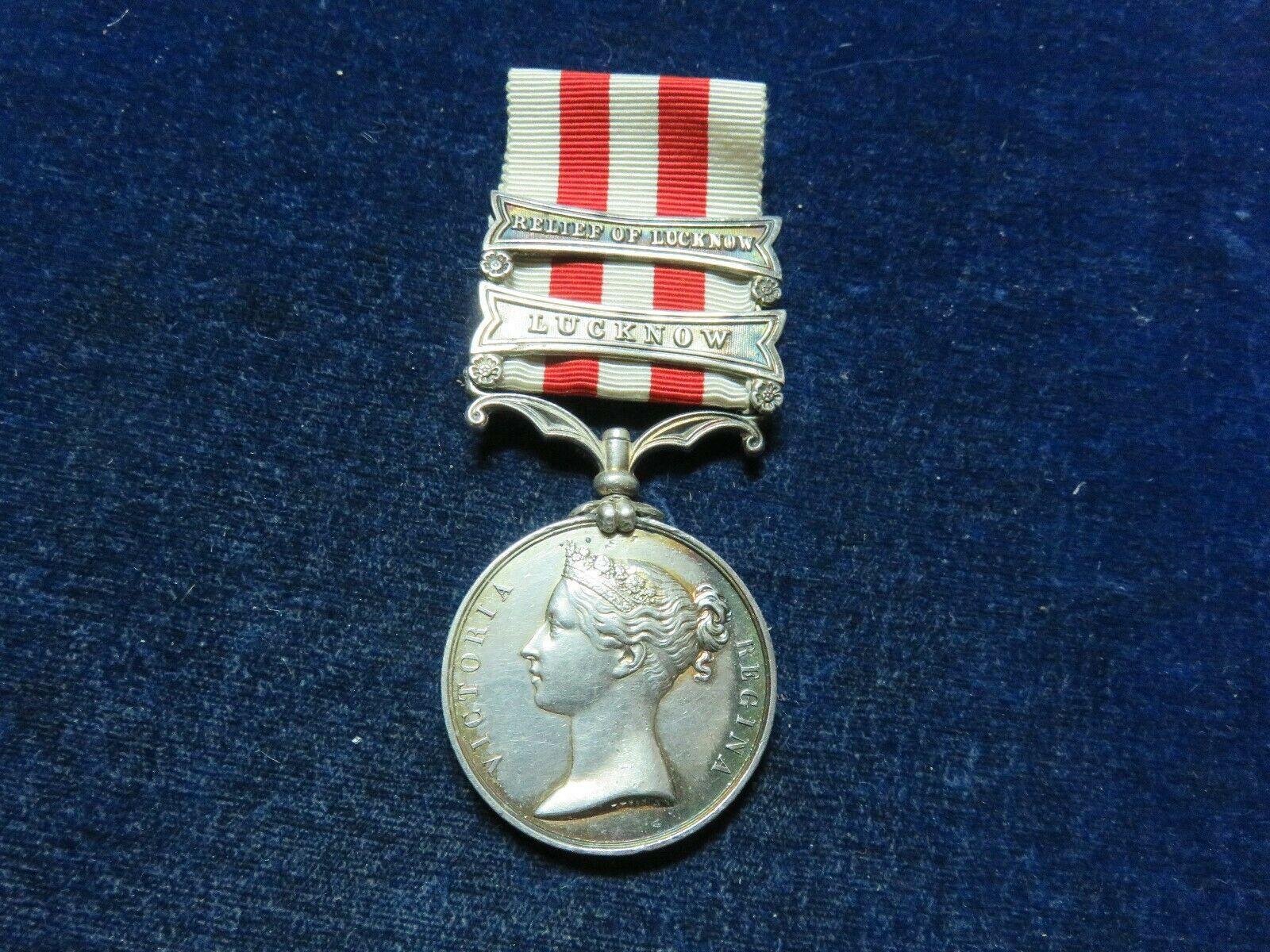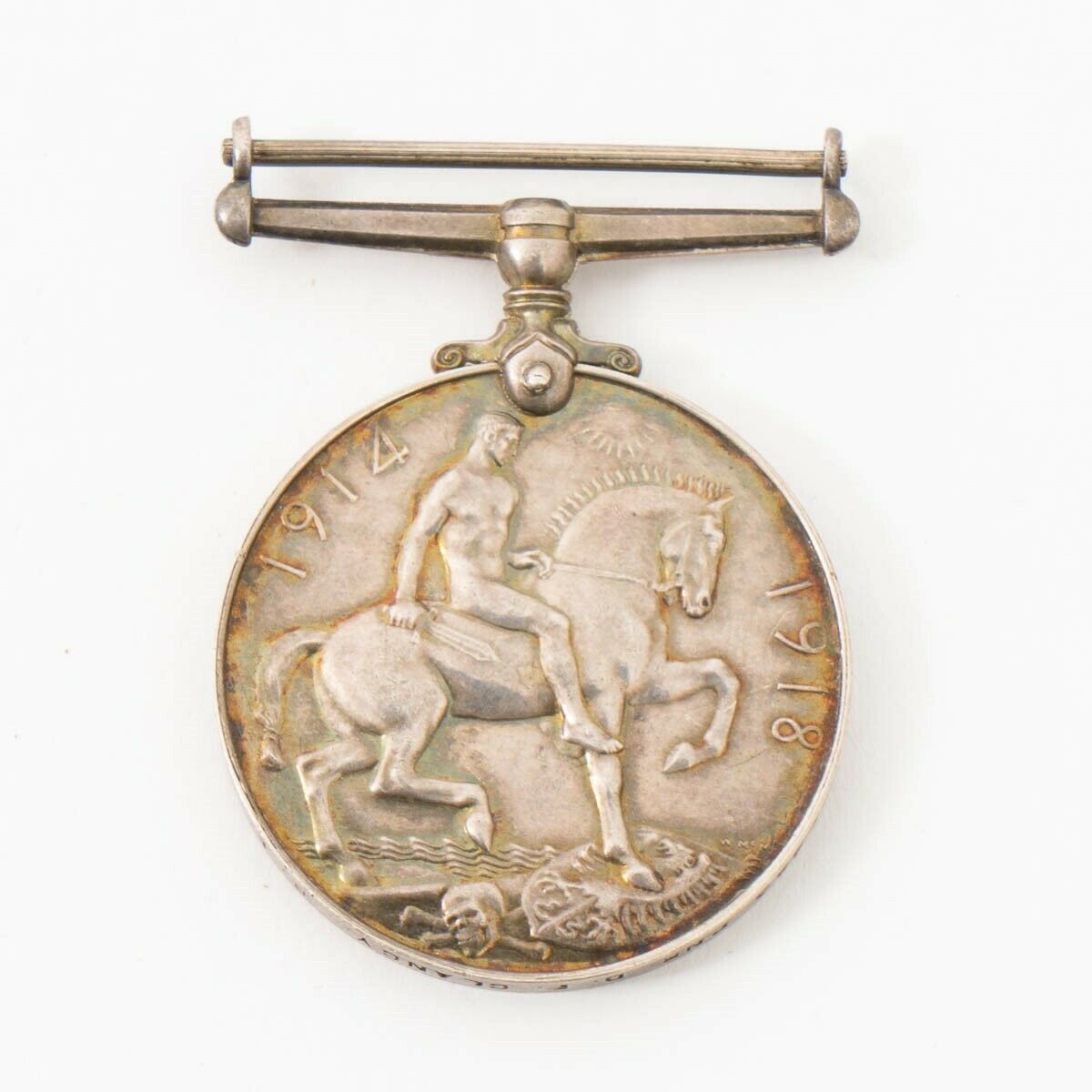-40%
WWI BRITISH VICTORY MEDAL LABOUR CORPS. - NICE
$ 67.3
- Description
- Size Guide
Description
Service Number: 364563Private J. SHEEHAN.
LABOUR CORPS
Infantry Pioneer and Labour or Works Battalions as told in 5he fascinating website "The Long, Long Trail" (longlongtrail.co.uk)
An early solution to the vast demand for labour was to create in each infantry Division a battalion that would be trained and capable of fighting as infantry, but that would normally be engaged on labouring work. They were given the name of Pioneers. They differed from normal infantry in that they would be composed of a mixture of men who were experienced with picks and shovels (i.e. miners, road men, etc) and some who had skilled trades (smiths, carpenters, joiners, bricklayers, masons, tinsmiths, engine drivers and fitters). A Pioneer battalion would also carry a range of technical stores that infantry would not. This type of battalion came into being with an Army Order in December 1914. In early 1916, a number of infantry battalions composed of men who were medically graded unfit for the fighting were formed for labouring work. They had only 2 officers per battalion. Twelve such battalions existed in June 1916.
The Labour Corps is formed
Army Order 85/17
The formation of the Labour Corps was authorised by a Royal Warrant issued as Army Order 85 published on 22 February 1917. The order specifically made the point that the raising of the Corps was to be a temporary measure but it would be regarded as a Corps for the purposes of the Army Act. Regimental pay would be the same as that of the infantry of the line.
Thank you very much for your time and consideration. Please consider exploring our other items for something that may appeal to either your collection or your aesthetic


